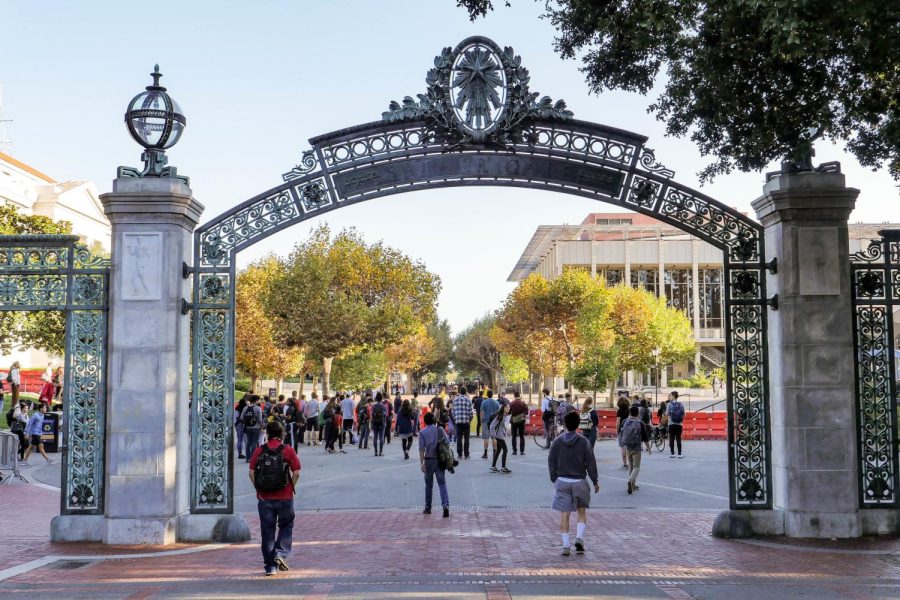California Legislature Overrides UC Berkeley Enrollment Freeze
On March 3, Save Berkeley’s Neighborhoods, a group of Berkeley residents, sued the University of California, Berkeley, concerned of the university’s increasing student body but unproportional housing. The California Supreme Court ruled that UC Berkeley had to admit around 3,000 fewer students in the 2022 fall semester, and the already exclusive university was forced to withhold thousands of students’ acceptance letters.
Save Berkeley’s Neighborhoods is a NIMBY (Not In My Backyard) group, and according to Curbed San Francisco, NIMBY describes “residents who broadly oppose new housing construction in their communities.” Whether due to environmental concern or desire to keep their communities exclusive, the organization’s mission to restrict enrollment at UC Berkeley has put the future of thousands of students on hold.
This is not a new conflict. Berkeley residents have been eyeing the university’s growing student body for years. Save Berkeley’s Neighborhoods first filed a lawsuit against the UC in 2019, claiming that the school was violating the California Environmental Quality Act (CEQA), a law that calls for public institutions to examine possible environmental consequences before proceeding with development projects. While UC Berkeley’s population has grown, their housing accommodations have not. On top of increased traffic, pollution, and noise that comes inevitably with a larger body of people, UC Berkeley’s lack of housing has left students to deal with homelessness, which in turn affects the residential population around the school.
Still, Save Berkeley’s Neighborhoods’ call for change ultimately has cut off the futures of thousands of hopeful students– students who can one day become future engineers and legislators and leaders that will bolster observation and reform of the university’s environmental impact, and institutions alike.
On March 14, California governor Gavin Newsom signed emergency legislation to lift the Berkeley enrollment freeze, following the unanimous passing of Senate Bill 118; the bill modified CEQA, which originally recognized rising student enrollment as having notable environmental impact. Now, increasing student enrollment alone is not enough to provide concern; the bill allows public California higher education institutions 18 months to determine environmental impacts of enrollment increase.
Fortunately, this bill has allowed eager and patient students to feel a bit more at ease as they wait for updates on their admissions. And environmentalists need not lose hope: even with the CEQA modification, these higher education institutions still will be scrutinized for their environmental impact for development projects.
Save Berkeley’s Neighborhoods, however, still is bitter about the outcome of this case, criticizing the university’s inadequacy in a statement following the final legislation, “We hope that Governor Newsom recognizes that SB118 will hurt students more than help.”
Lauren Zhu (she/her/hers) is the Editor-in-Chief of The Shaker Bison; Lauren is a senior of Shaker and of The Bison, this being her fourth year participating....


